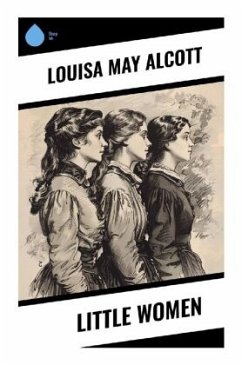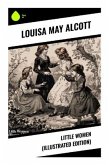In "Little Women," Louisa May Alcott presents a poignant portrayal of the lives of the March sisters-Meg, Jo, Beth, and Amy-as they navigate the challenges and triumphs of adolescence in a post-Civil War America. The novel is characterized by its vivid realism and detailed character development, showcasing the distinct personalities of each sister while interweaving themes of family, gender roles, and social expectations. Alcott's accessible yet rich prose invites readers into the intimate world of the March family, making it a cornerstone of American literature and a precursor to feminist literature in its exploration of women's roles in society. Louisa May Alcott, a prominent figure in the 19th-century literary scene, drew inspiration from her own experiences and family dynamics, notably her upbringing in a transcendentalist environment. The struggles and aspirations of the March sisters mirror Alcott's own challenges as a woman and writer during an era that often constricted women's ambitions. Her dedication to portraying authentic female experiences was not just an artistic choice but a personal quest to assert women's voices in literature. "Little Women" remains an essential read for those interested in literary history, social narratives, and the evolving roles of women in society. Its timeless relevance and relatable characters resonate with readers of all ages, making it a vital addition to any literature enthusiast's collection.
Bitte wählen Sie Ihr Anliegen aus.
Rechnungen
Retourenschein anfordern
Bestellstatus
Storno








